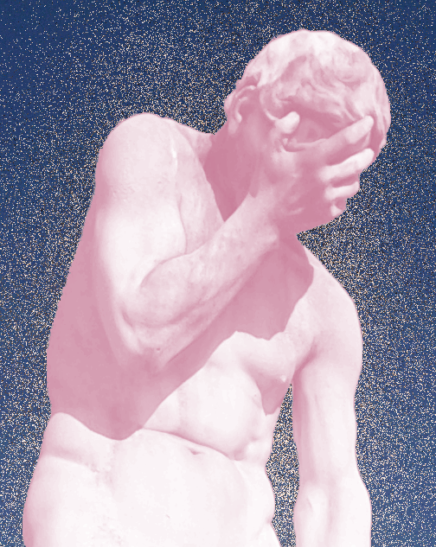Introduction Krisis 2019-1
This new issue of Krisis covers a wide array of subjects that are close to the aims and legacy of our journal. This issue includes reflections on contemporary political developments both on the international stage and with regards to more local levels, paying attention as well to the academic milieu in which many of our readers and contributors find themselves. As critical reflections on any of these developments presuppose a self-reflective attitude towards the means, potentials and ends of critique, it is no coincidence that the aforementioned topicalities are accompanied in this issue by engagements with central concepts and thinkers from the social, political and cultural philosophical traditions in which Krisis inscribes itself. Indeed, given the ways in which we are confronted with political agendas that hardly could be described otherwise than as “regressive,” the very title of our journal once again proves to be timely, just as the invocation of critical thought that is central to all of our contributions.
This issue contains a dossier of five essays on the topic of “Shame and Citizenship in Democracy,” which results from a workshop held at the University of Amsterdam in October 2017. Jill Locke’s essay discusses how the trope of the child is used in the public debate about the current President of the United States: Donald Trump. Josef Früchtl’s contribution analyzes the emergence of the Wutbürger and argues for the political potential of impertinence. Three shorter essays by Darryl Barthé, Lisa Koks & Natalie Scholz, and Tessa de Vet further engage with the relation between shame and democracy.
Furthermore, two articles are included in this issue. In Annemarije Hagen’s contribution she argues that political struggles do not have to rely on an account of the good life, but rather aim at the contestation of the limits of articulated universals. Ivana Perica’s article considers Jacques Rancière’s critique of Hannah Arendt’s thought, and aims – against Rancière’s own position – to bring both thinkers together and show the resonances between their projects.
Speaking of resonance, two interviews found their way to this issue. Our editors Robin Celikates and Thijs Lijster discussed Hartmut Rosa’s work on the concept of “resonance” and other topics with the author himself. Anna Blijdenstein’s conversation with Cécile Laborde on its turn engages with topics such as liberalism and religion, secularism, tolerance, and immigrant integration in Laborde’s oeuvre.
Three review-essays found their way as well to this issue. Didier Fassin takes issue with Chantal Mouffe’s call for a Left populism. Willem Halffman discusses the legacy of the 2016 Maagdenhuis occupation at the University of Amsterdam as represented in two publications, and Sigmund Bruno Schilpzand and Tom Kayzel discuss Bruno Latour’s Reset Modernity-project.
Six further book reviews complete this issue. Alma Apt discusses the Dutch translation of Isabell Lorey’s Regierung der Prekären; Natasha Basu reviews Natasha King’s No Borders; Corrado Fumagalli assesses Ryan Muldoon’s Social Contract Theory for a Diverse World; Hans Radder engages with Robert Frodeman and Adam Briggle’s Socrates tenured; Paul Raekstad discusses Elizabeth Anderson’s Private Government; and Robert Sinnerbrink reviews Aesthetic Marx, edited by Johan F. Hartle & Samir Gandesha.
Biography
